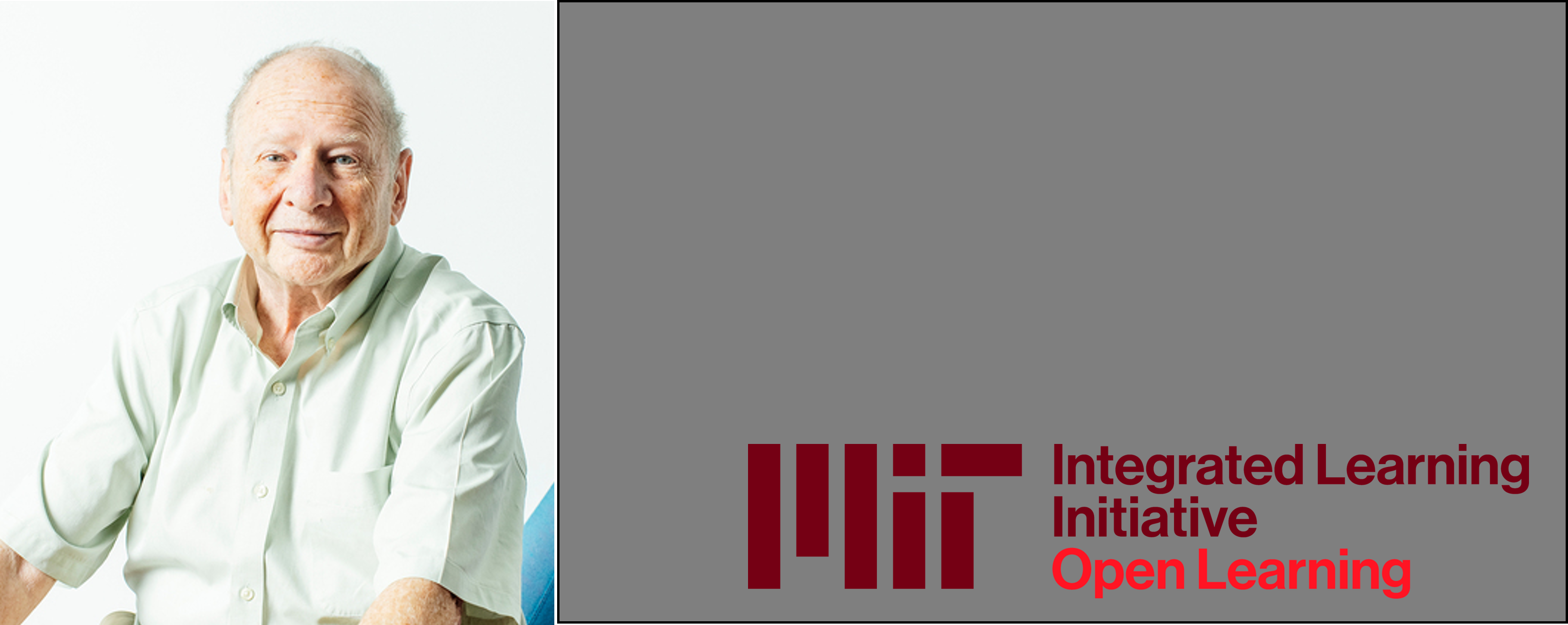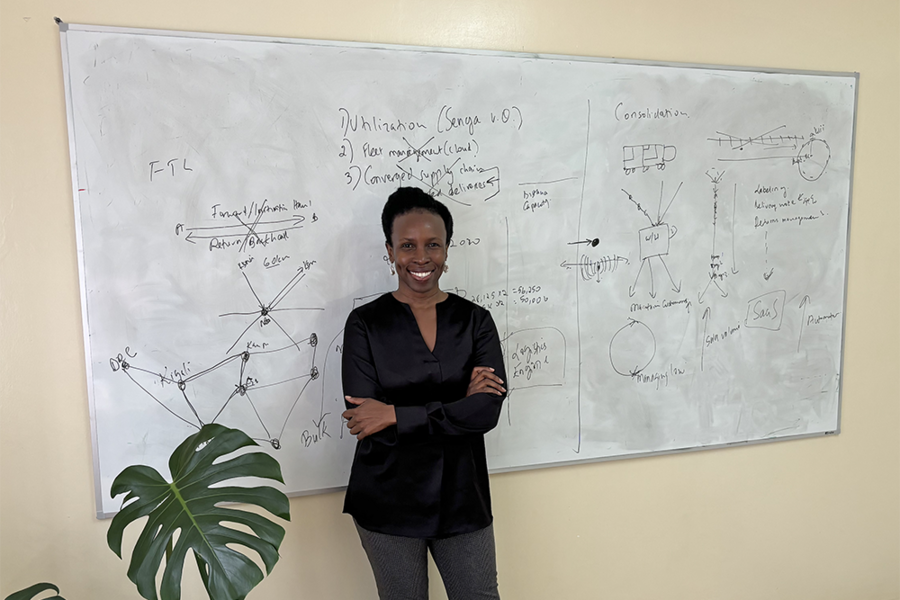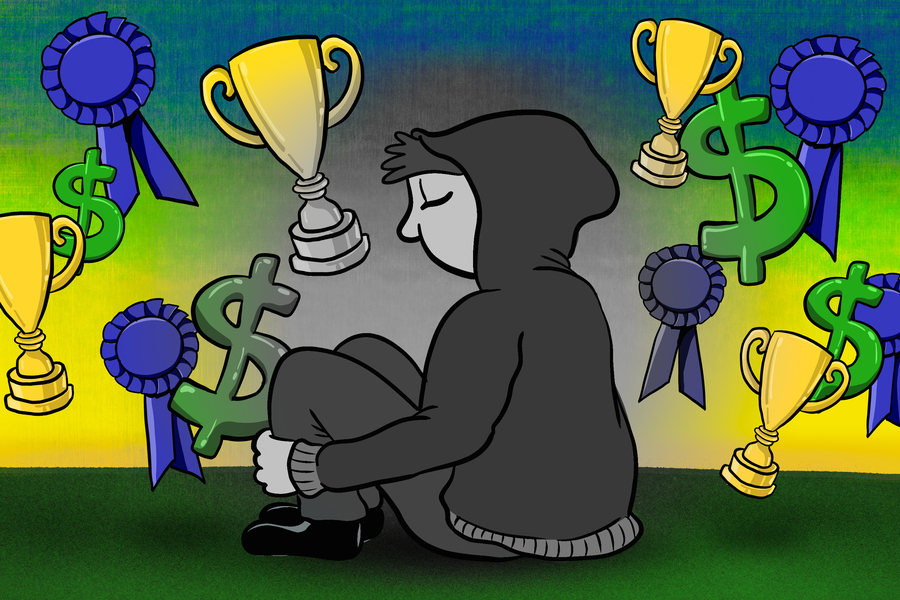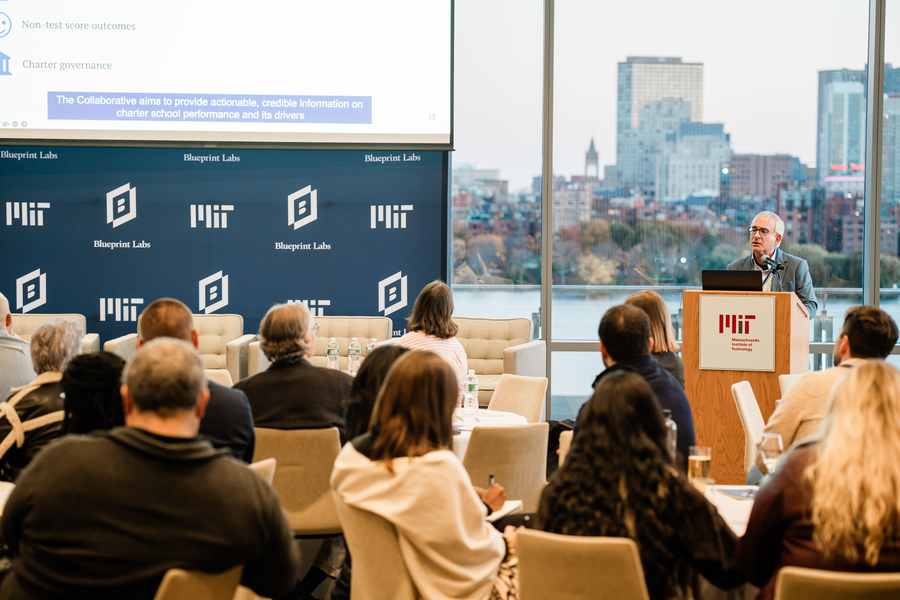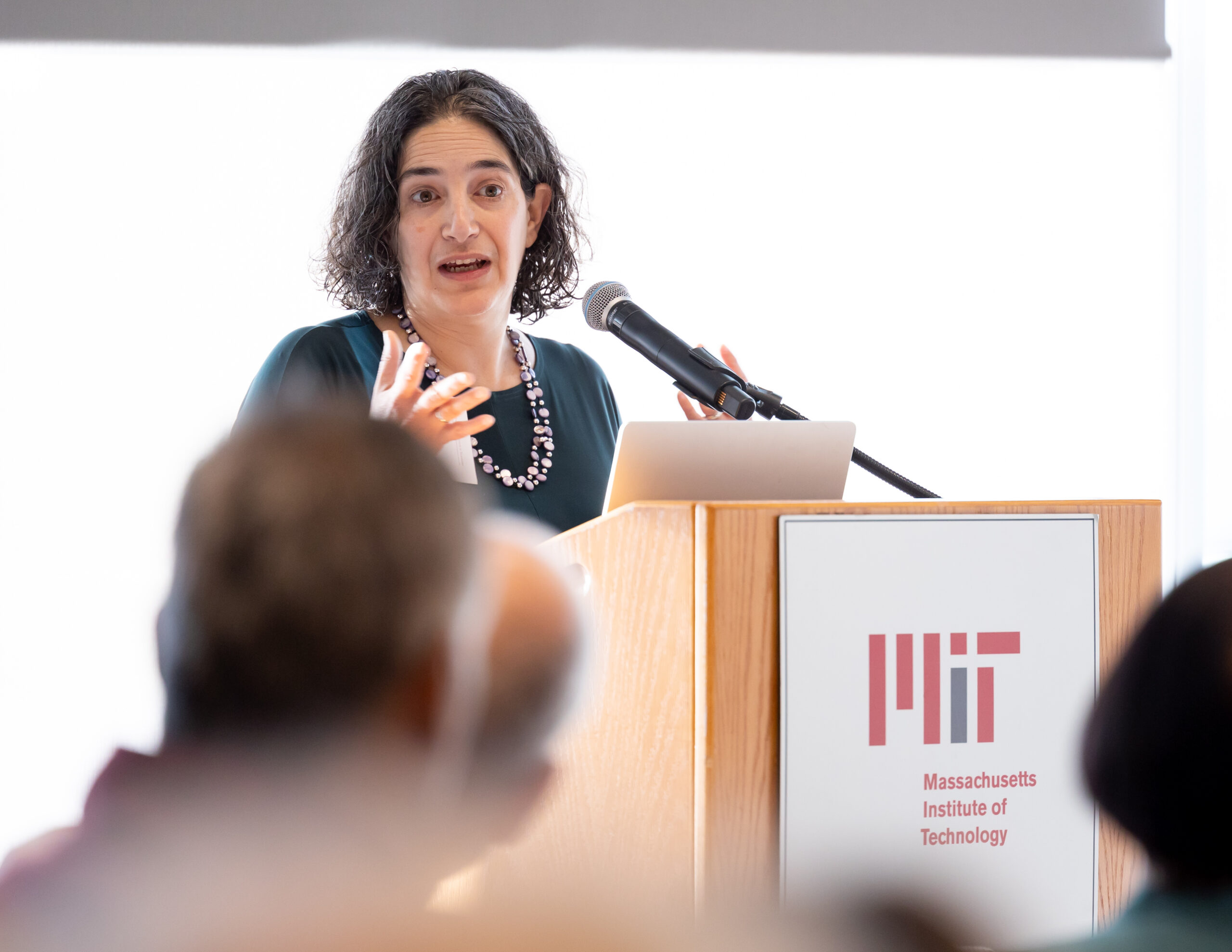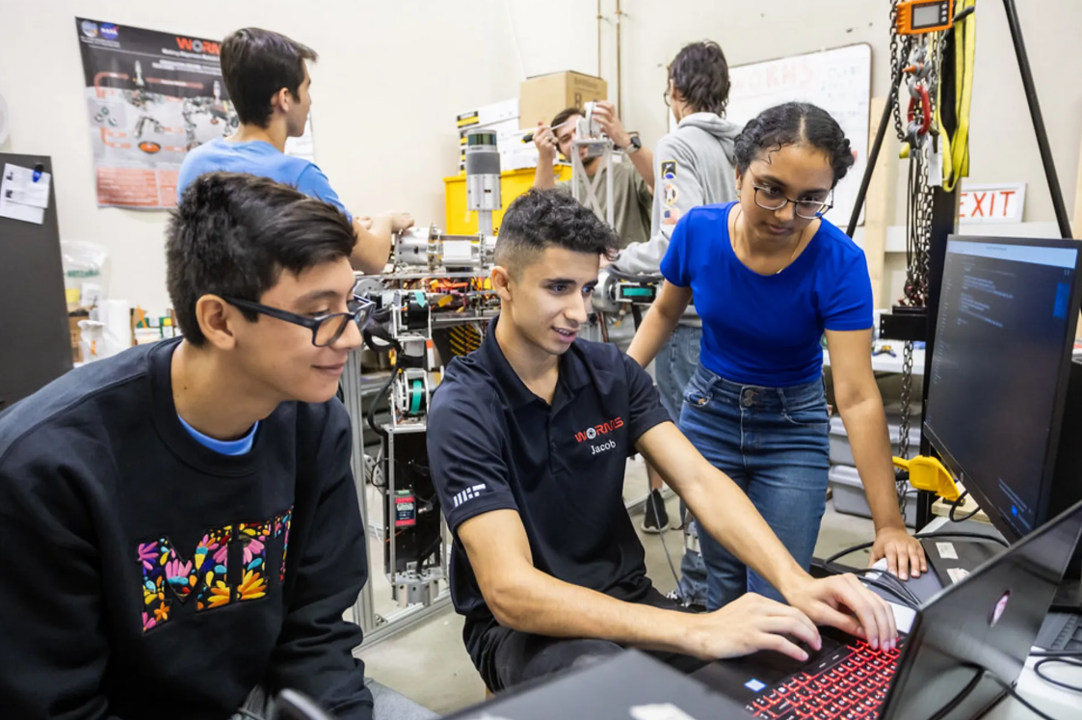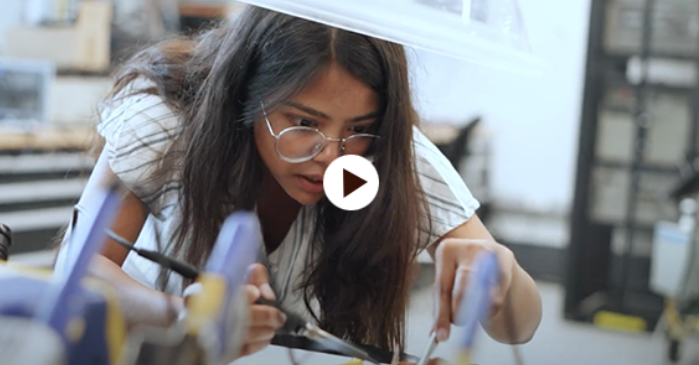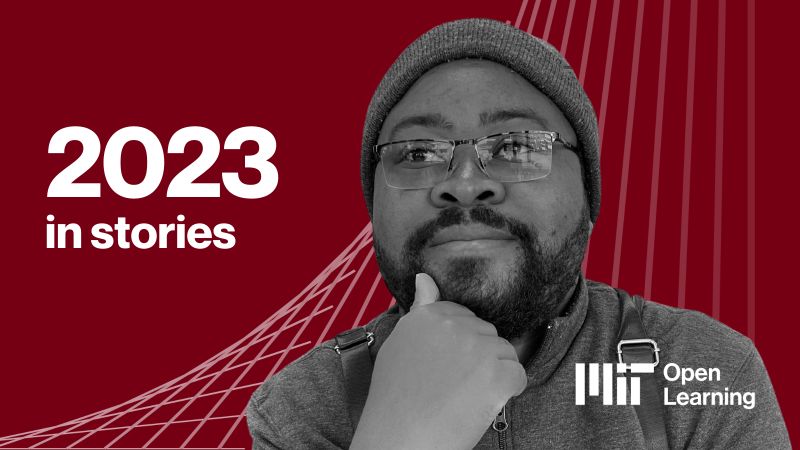CSAIL Professor Hal Abelson has a long history of looking at the importance of Computer Science education and helping shape its future. Listen as he joins Kara Miller in conversation to discuss how AI will shape education moving forward.
News
June Odongo uses free, online MIT courses to train high-quality candidates, making them job-ready. Read more
In a study of 12 to 14-year-olds whose socioeconomic status (SES) varied widely, the researchers found that children from lower SES backgrounds showed less sensitivity to reward than those from more affluent backgrounds.
Collaborative brings together charter school policy, practice, and research communities to help make research on charters more actionable, rigorous, and policy-relevant. Read more
If play is both useless and satisfying, Schulz asked, “What does that say about us? Are we doomed?” Certainly not. From her perspective, play is arbitrary but it is not irrational. Read more
MITili has granted nearly $1.8 million to help advance the science of learning across a broad range of subjects and throughout the lifespan of the learner, from K-12 to higher education and workplace learning.
The Thriving Stars program in MIT’s Department of Electrical Engineering and Computer Science (EECS) aims to improve gender representation at the PhD level, as less than 25 percent of doctoral candidates in EECS identify as women. Watch
Using outlines from the EECS undergraduate degree track as laid out on the department’s website, Kabwe discovered math, programming, foundations, and elective classes to create his own EECS experience.
More than 250 people got a behind-the-scenes look at some of MIT’s cutting-edge artificial intelligence projects during the “Generative AI + Education’’ symposium.
In a Nov. 29 “Generative AI + Education’’ symposium hosted by MIT Open Learning, leaders in education took more than 250 people on a journey to the future of generative AI in and beyond the classroom.
